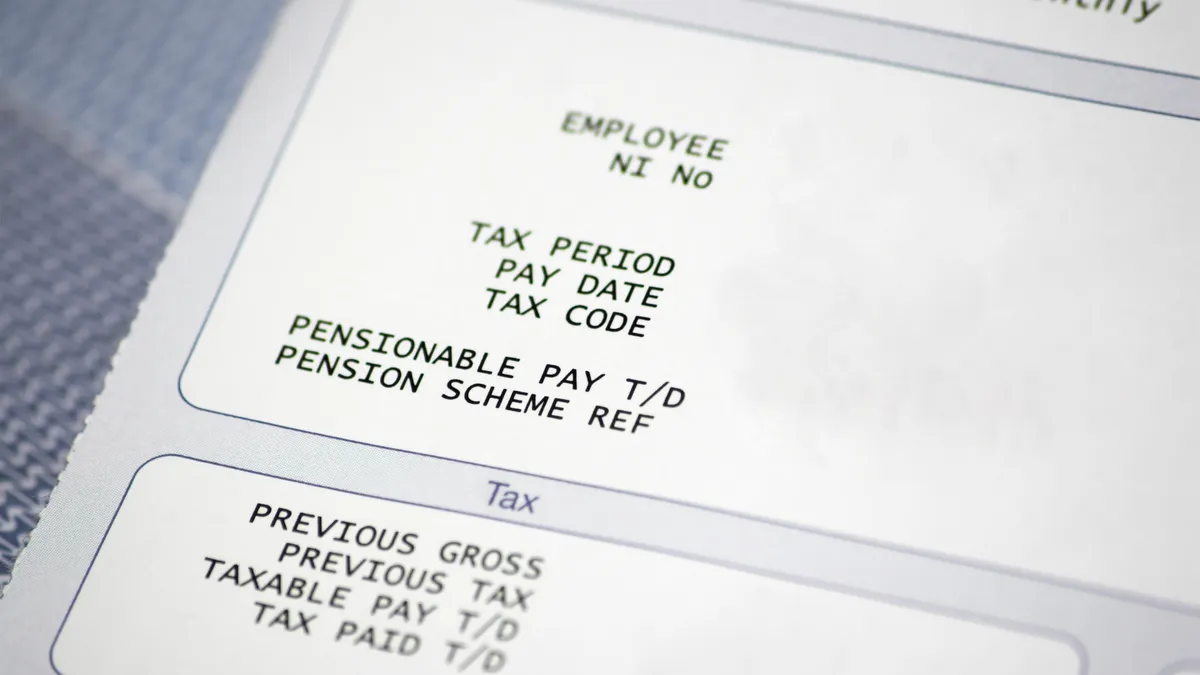More than half of surveyed chief financial officers said they’re weighing changes to their defined benefit plan designs in 2025 and are considering creative plan design; respondents said they’re exploring hybrid structures and flexible arrangements such as cash balance plans, according to a June 10 report from Mercer.
Despite high numbers of plan terminations in recent years, half of the CFOs surveyed said they don’t plan to terminate their defined benefit plans in the near future, which could suggest “a strategic approach to long-term pension management,” Mercer noted. Those organizations that planned to exit already have, the report said.
“With 50% of employees not confident they can turn their retirement savings into a consistent stream of income for the rest of their lives, many organizations are rethinking pension strategies and how best to support their workforce,” said Scott Jarboe, U.S. defined benefit segment leader for Mercer.
“This data shows many CFOs are not retreating from pensions — and that there’s a growing interest in creative plan design and adaptable pension solutions that cater to the diverse needs of the modern workforce, while keeping the risks for the organization at an acceptable level,” Jarboe said.
In the survey of 173 CFOs and senior finance executives, 70% said they’ve adopted dynamic de-risking strategies, up nearly 10% from 2023. In addition, 44% said they’ve shifted more assets into fixed-income investments to bolster the stability of their pension-funded status.
Risk transfer remains a key theme, according to the report. More than 70% of respondents said they expect to offer lump-sum payments in the next two years. More than 60% said they’re weighing transferring retiree obligations to insurers through annuity purchases — or they’ve already done so.
More companies appear to be relying on external expertise as well; the report noted an increase since 2023 in organizations that have a completely outsourced chief investment officer.
Fewer than 40% of those surveyed said they were highly confident in their in-house ability to manage defined benefit plans’ complexities.
Some employers are exploring pension-linked emergency savings accounts as workers struggle to stay afloat.
The Trump administration’s proposed budget may also affect pension decisions for federal workers, with language requiring new employees to decide whether to forgo their civil service protections in order to make lower payments toward their retirement. Specifically, employees who keep their civil service protections would pay a 9.4% contribution, while those who convert to “at-will” employment would pay a 4.4% contribution.
Clarification: This story was updated to include the increase in companies adopting dynamic de-risking strategies since 2023.













